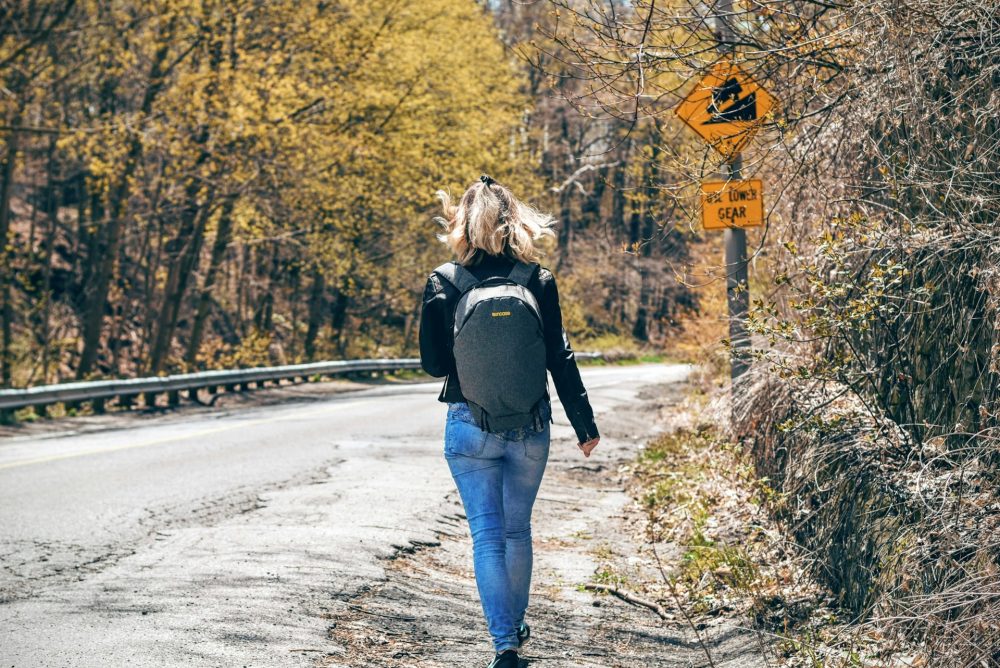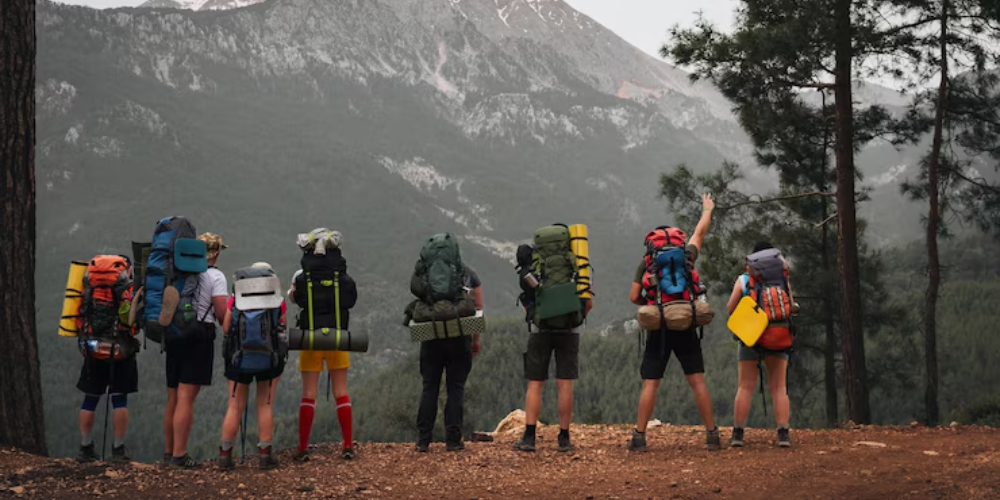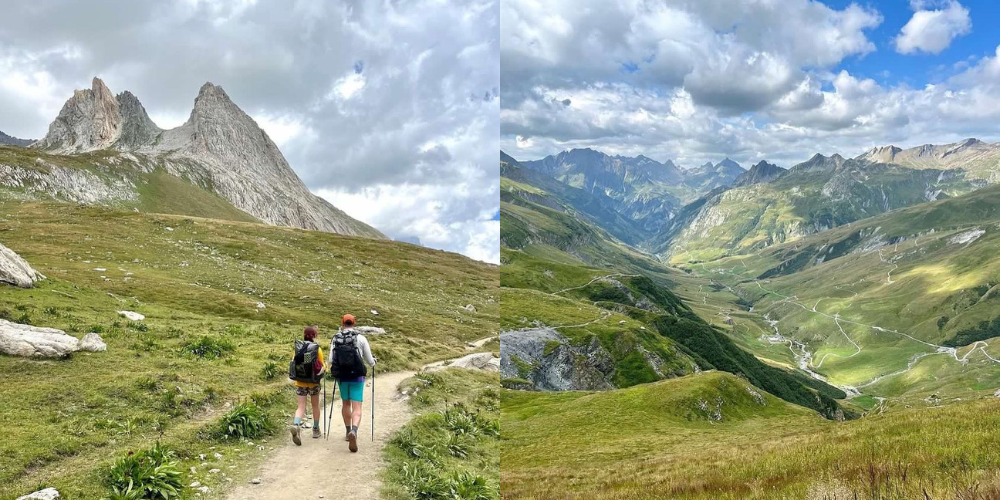Is hiking a sport? This question often pops up among outdoor enthusiasts and those new to the idea of exploring nature on foot. The simple act of walking through nature, appreciating the landscapes, and challenging oneself on various terrains brings about a sense of adventure and achievement. But does this make hiking a sport?
Is Hiking a Sport?
When we ask, is hiking a sport, we need to consider what defines a sport. Typically, a sport involves physical exertion, skill, and often a competitive element. Hiking certainly demands physical effort, as it can range from a leisurely walk to a strenuous climb up a mountain.
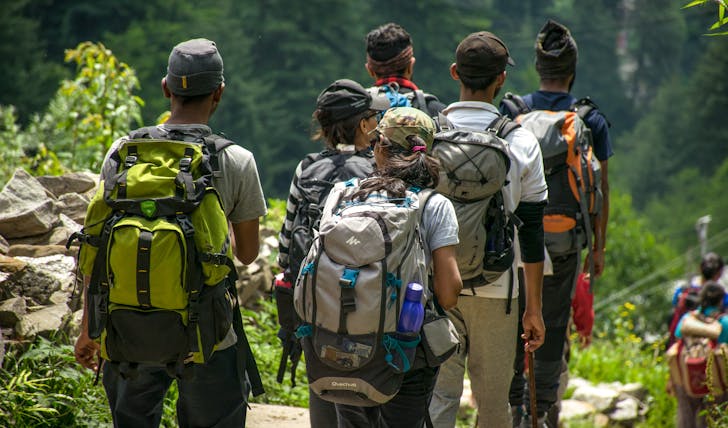
Bhar / Pexels / Although hiking has everything that is required in sports. But unlike other sports, it is not based on competition.
It requires stamina, balance, and sometimes even navigational skills, especially on more challenging trails. However, the competitive aspect is not always present in hiking. This is where the debate begins.
What are the Physical and Mental Benefits of Hiking?
Hiking provides significant physical benefits, just like other recognized sports. It improves cardiovascular health, strengthens muscles, and enhances balance and coordination. The diverse terrains and varying intensities make it an excellent workout for different muscle groups. Besides the physical perks, hiking is also known for its mental health benefits. The tranquility of nature, combined with physical exertion, helps reduce stress, boost mood, and improve mental clarity.

San / Pexels / For many, hiking is primarily a recreational activity rather than a competitive sport.
It is all about enjoying the outdoors, exploring new places, and experiencing the beauty of nature. Families, friends, and solo adventurers often hike to unwind and escape the hustle and bustle of daily life. The non-competitive aspect of hiking appeals to those looking for relaxation and personal fulfillment rather than competition.
The Competitive Side of Hiking
However, the question, "Is hiking a sport?" gains a new dimension when we consider competitive hiking events. There are numerous organized hiking challenges and competitions worldwide. These events often involve long-distance treks, timed ascents, or endurance challenges that push participants to their limits. In these contexts, hiking certainly takes on the characteristics of a sport, with participants training rigorously and competing for top positions.
This includes sturdy hiking boots, weather-appropriate clothing, and essential supplies like water, snacks, and a first aid kit. Advanced hikers might also use trekking poles, GPS devices, and specialized backpacks. However, preparation does not just involve gear. It also means researching trails, understanding the terrain, and being aware of one’s physical limits.
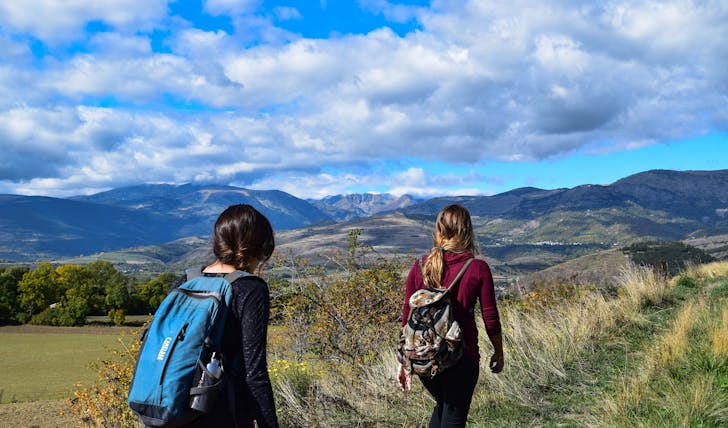
Pixabay / Pexels / Whether you view hiking as a sport or a recreational activity, preparation is key. Proper gear is essential for safety and comfort.
So, is hiking a sport that fosters social interaction? Absolutely. Hiking groups and clubs are popular, providing opportunities for people to connect over shared interests. These communities offer support, share knowledge, and organize group hikes, enhancing the overall experience. The camaraderie and shared adventures can be just as rewarding as the physical activity itself.
The Role of Hiking in Personal Development
Hiking can also be seen as a journey of personal development. It challenges individuals to step out of their comfort zones, build resilience, and develop a sense of accomplishment. Each hike, with its unique challenges and rewards, contributes to personal growth, making it more than just a physical pursuit.
So, is hiking a sport? The answer is not straightforward. For some, it is a leisurely activity that connects them with nature. For others, it is a rigorous, competitive pursuit that demands training and skill. Regardless of how one defines it, hiking offers a multitude of benefits that make it a beloved activity worldwide.
Whether you are in it for the physical challenge, the mental peace, or the sheer joy of exploring the outdoors, hiking holds something special for everyone.



